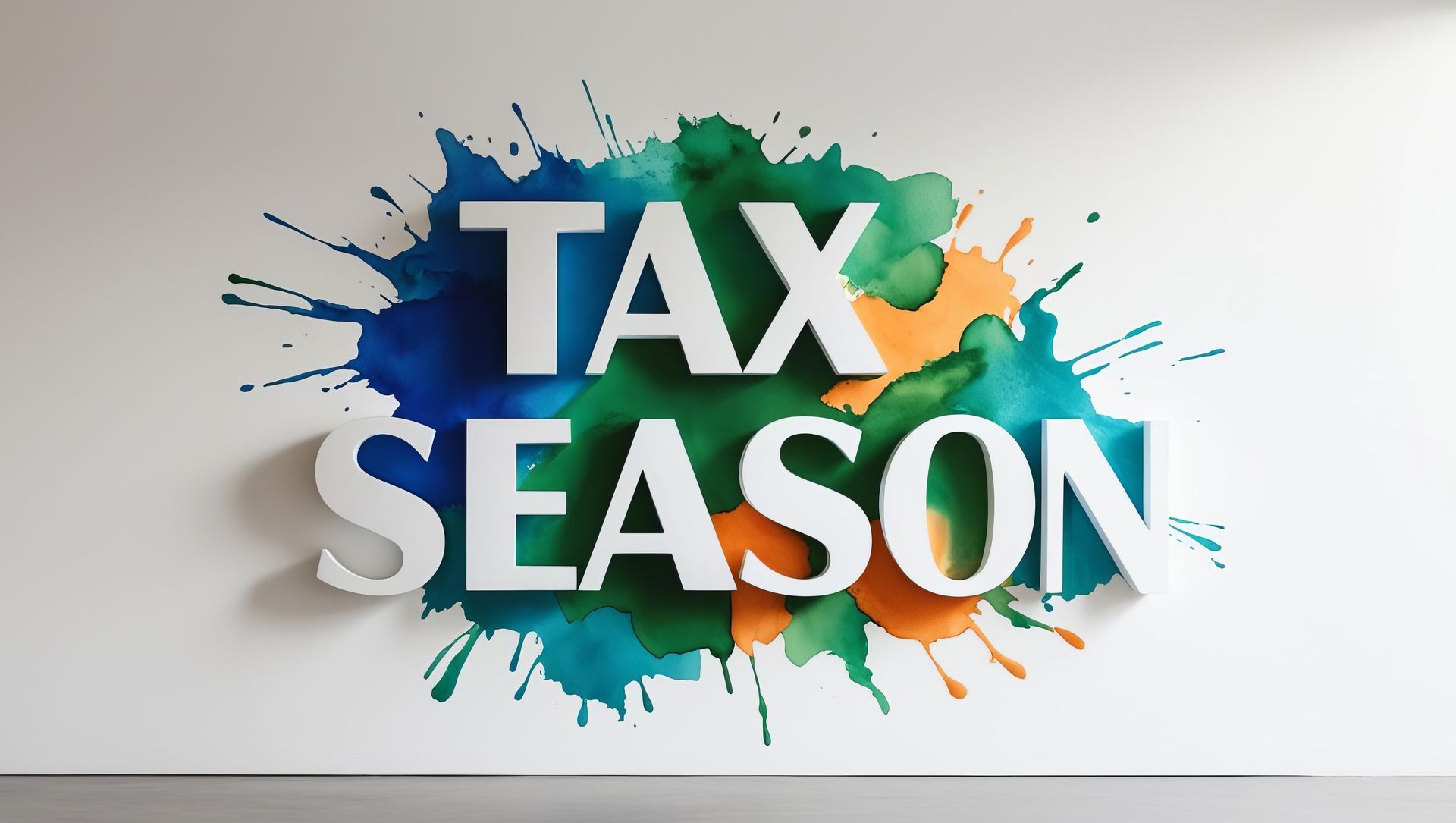Should You Be Prepaying Expenses or Delaying Income? Tax Timing Tips for Q3

As we move into the third quarter of the year, it’s the perfect time for small business owners, freelancers and independent contractors to reevaluate their financial positioning. One powerful but often overlooked way to manage your tax liability is through strategic tax timing, namely, the choice to prepay expenses or delay income.
These tactics can impact your overall tax burden by allowing you to “smooth” income across tax years, stay in a lower tax bracket and keep cash flow more predictable. But before jumping in, you’ll want to assess how each move affects your financial health and aligns with your business goals.
What Is Tax Timing?
Tax timing involves the deliberate acceleration or deferral of income and expenses to minimize tax obligations and improve financial outcomes. For cash-basis taxpayers (most small businesses and freelancers), income is recognized when received, and expenses are recognized when paid. That gives you flexibility to shift the timing of transactions in your favor.
When Prepaying Expenses Makes Sense
Prepaying expenses can help you reduce taxable income for the current year. This is especially helpful if:
- You're having a high-income year and want to remain in a lower tax bracket
- You anticipate a lower income next year
- You have sufficient cash flow to cover early payments
Examples of expenses you may consider prepaying in Q3:
- Rent for office or co-working spaces
- Insurance premiums
- Marketing and advertising campaigns
- Subscriptions to industry tools and platforms
- Professional services (consultants, legal, accounting)
Advantages:
- Reduces this year’s taxable income
- Helps you stay in a lower tax bracket
- Allows for predictable budgeting on recurring costs
Things to watch for:
The IRS has rules about how far in advance you can prepay expenses. For example, an expense must benefit your business within 12 months to be deductible in the year you pay it. Always check with a tax professional to avoid disallowed deductions.
When Delaying Income Is the Smarter Move
Delaying income can be a useful tool if you’ve already earned more this year than expected and want to avoid being bumped into a higher tax bracket. It can also help reduce estimated tax payments due in Q3 and Q4.
Tactics to consider:
- Push client billing into early Q1 of the next year
- Delay launching new products or services until January
- Structure contract terms with partial payments split across calendar years
Advantages:
- Smooths out income across tax years
- Keeps taxable income lower in your highest-earning year
- Offers more control over year-end tax planning
Things to watch for:
While it’s legal to delay invoicing or contract timing, you can’t simply refuse to recognize income that has already been earned or received. Be mindful of the “constructive receipt” rule; if you had the ability to access the income this year, it generally counts as income this year.
What About Cash Flow?
It’s important to remember that these strategies aren’t just about taxes; they also affect your liquidity and cash flow. If you prepay too many expenses or push out too much income, you might reduce your tax bill but end up short on cash. Finding the right balance between smooth cash flow and adequate liquidity may include:
- Creating a 6-month cash flow forecast to understand upcoming obligations
- Prioritizing essential prepayments and skipping anything you’re not 100% sure you’ll need
- Delaying only the income that won’t compromise your ability to pay operating expenses or make payroll
- Staying on top of your quarterly estimated taxes to ensure you don’t incur underpayment penalties
Tax Bracket Management in Action
Scenario A
You’re on track to earn $118,000 this year, but most of that income came in Q2 and Q3. If delay a $10,000 invoice until January and prepay $5,000 in business expenses now, your taxable income could fall to $103,000, potentially keeping you in a more favorable tax bracket and lowering your year-end liability.
Scenario B
You expect to earn less next year due to a planned sabbatical or reduced workload. Prepaying expenses now ensures you take deductions while your income is still high, when they’re worth more from a tax perspective.
Should You Always Use These Strategies?
No, tax timing strategies aren’t one-size-fits-all. They’re most beneficial when your income fluctuates significantly year-to-year or quarter-to-quarter. If your income is steady or you work on a fixed contract model, the benefits may be minimal, or even counterproductive if it strains your cash flow.
Before you try any tax timing strategies, it will likely be in your best interest to work with a business tax professional who can evaluate your full financial picture and explain the pros and cons of your options.
Get Strategic Support With Our Accounting Services
Managing your tax burden effectively requires more than guesswork. At H&H Accounting Services, we specialize in helping Arizona-based entrepreneurs, contractors and freelancers take control of their finances with proactive planning, not just during tax season, but all year long.
Make smarter tax decisions this quarter and reach out to us at H&H Accounting Services today, here on our website or at (480) 561-5805 for expert support and personalized planning.



